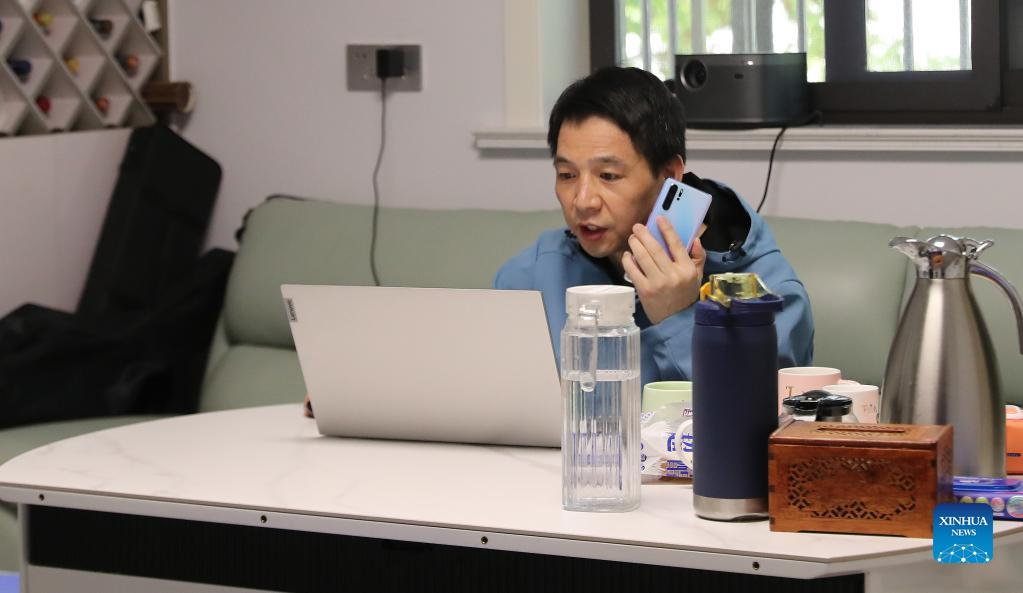Psychological services in demand


Free services
In early March, Shanghai reported a rising number of COVID-19 infections, and the entire city was placed under closed-loop management last month to curb the spread of the virus. Wang, who lives in Shanghai, learned about people's psychological needs, and offered free online counseling to 100 residents every day during this period.
She said traumatic stress follows a certain pattern. It starts with a shock phase, prompting people to ask, "Why has this happened to me?", prompting a strong sense of insecurity. The anger phase follows, during which patients want to find who or what caused the disease. When the anger passes, depression sets in, making people feel vulnerable and helpless, or to start blaming themselves.
"At the very early stage, people worry about the basics, including how to obtain enough food, or if they will lose their jobs. They feel very confused," Wang said.
"During the pandemic, most of the people who come to counseling are experiencing the first two phases," she added.
Li Zhen, better known as Jian Lili, a young member of the Chinese Mental Health Association's Professional Committee of Psychological Counselors, said people affected by mental problems fall into three categories.
The first comprises those experiencing stress triggered by real-life problems such as isolation, a lack of food, or having sick family members at home. Then there are people whose old traumas resurface, while the third category comprises those diagnosed with mental illness, Li said.
In 2014, Li founded the online platform Jiandan Xinli (MyTherapist), which connects psychotherapists with clients.
The startup now has more than 1,200 registered Chinese-speaking therapists from 117 cities worldwide. As the COVID-19 outbreak escalated in China, the platform launched a free consultation hotline from 6 pm to midnight. A dozen therapists are on duty every day, but demand for their services still exceeds supply.
Li said, "Most of the problems people seek help for concern anxiety over their careers, dissatisfaction with community management during quarantine, uncertainty about the future, distress by reading negative news every day and unhappiness in family relationships."
Mental health has become a global concern as the pandemic develops. In March, a scientific briefing released by the World Health Organization showed that in the first year of the pandemic, the global prevalence of anxiety and depression rose by 25 percent, with common stress factors including social isolation, loneliness, fear of infection, suffering and death for oneself and among loved ones.
Young people and women were the worst affected by these factors.
Another study, published in The Lancet medical journal in October, showed that the pandemic led to a sharp rise in depressive and anxiety disorders globally in 2020. That year, an additional 53.2 million cases of anxiety and 76.2 million cases of major depressive disorders were reported.
























